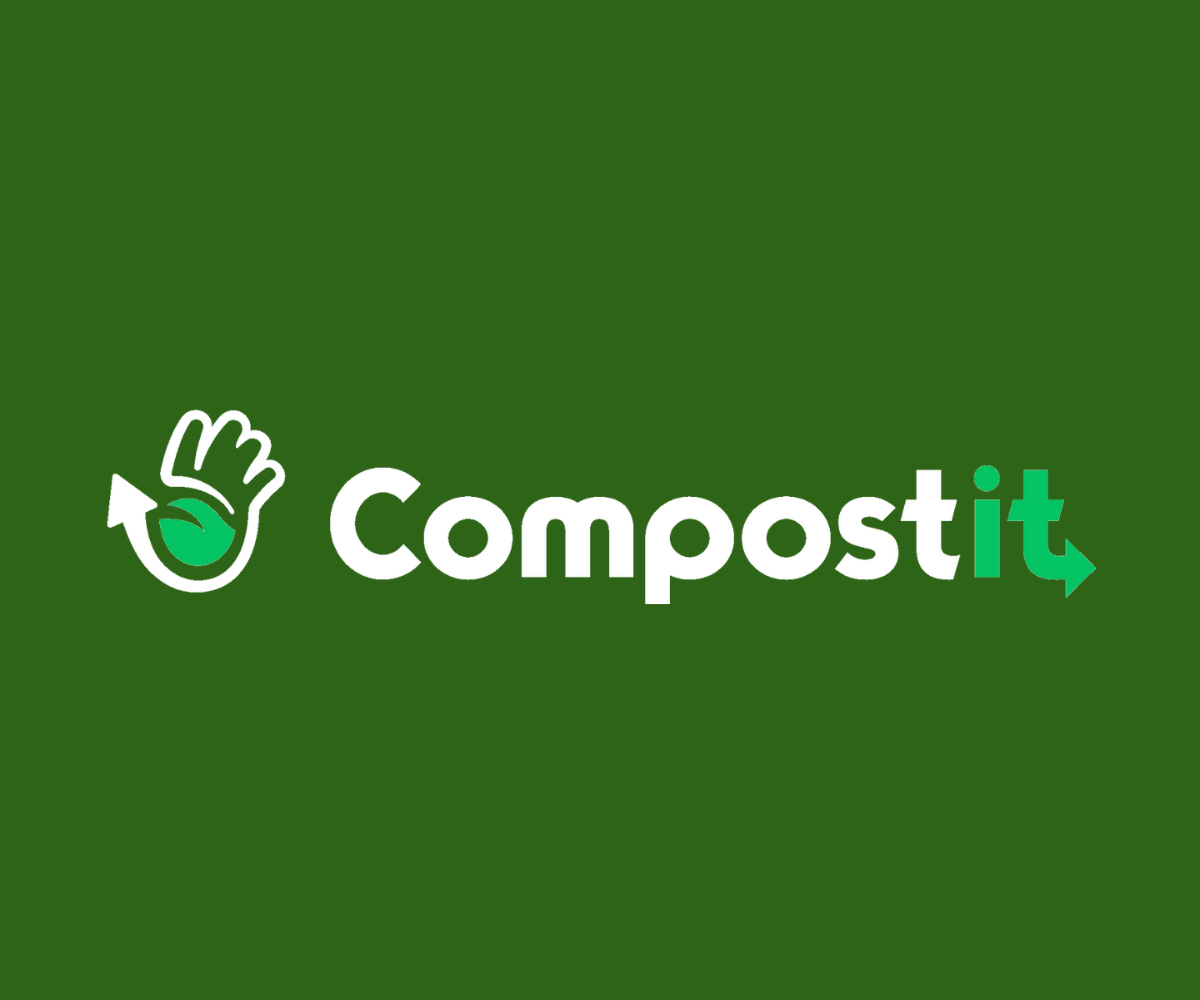

Digital Marketing Plan – Circular Economy in the Food Industry
Description
Business Context & Description
Compost-It is a Leeds-based food-waste recycling service that helps businesses and households reduce their carbon footprint by diverting food waste from landfills to anaerobic digestion facilities. Through flexible collections with low-emission vehicles and tailored sustainability reporting, Compost-It supports clients in meeting both legal obligations and environmental goals.
Backed by regulatory requirements, Compost-It faces a great growth opportunity. There are existing incumbents in the market, large waste management firms with greater resources and established brands. To grow, Compost-It must implement a cost-effective digital marketing strategy to raise awareness and attract more customers.
The Challenge & Objectives
Core Challenge:
How can Compost-It, with limited resources, use digital marketing to increase brand awareness and acquire new customers while standing out against larger competitors?
Objectives:
- Market & Competitor Analysis: Assess how waste management firms use digital channels to build brand presence and attract clients. (Additionally, how do they inform prospects about upcoming regulations?)
- Customer Insights: Identify Compost-It’s priority customer groups (e.g., SMEs, hospitality, eco-conscious households) and their decision-making triggers.
- Content & Campaign Recommendations: Propose digital campaigns that highlight Compost-It’s sustainability and local impact.
- Channel & Budget Recommendations: Identify the most cost-effective channels (organic social, SEO, partnerships, email) and recommend how limited resources should be allocated.
Deliverables
- Competitor & Customer Insights Report (short, focused on what matters most for marketing).
- Digital Marketing Plan including:
- Priority customer segments and positioning statement
- Recommended mix of digital channels
- Example campaigns with sample posts/content
Guidance for Students Taking On This Project
If you’re planning to submit a proposal for this project, here are some pointers to help you secure this project and deliver well.
1. Familiarise Yourself With The Industry Landscape
Review the company's website to understand its offerings, identity, and current digital marketing efforts. Also, review a few of their competitors to understand the market landscape.
2. Useful Academic Frameworks
You may use established marketing frameworks to structure your approach. The STP model (Segmentation, Targeting, Positioning) helps identify and prioritise customer groups, while the AIDA or RACE models guide how to design digital campaigns that move prospects from awareness to action. Competitor analysis is essential to understand how Compost-It can differentiate its digital marketing strategy.
3. Useful Data Sources
Depending on your university’s access, these databases are useful. If not available, free tools like Google Trends or government datasets can substitute.
- Statista (For data and reports on the food industry, hospitality sector, and relevant market trends)
- IBIS World (Industry reports on the UK's hospitality sector)
- Eurostat
- Passport
4. Useful Digital Marketing Tools
SEMrush, SimilarWeb, Buzzsumo, and Moz.
5. Next Step
Prepare a short proposal (Project Proposal Guide) outlining your strategy to tackle this project. Your proposal helps you secure a place and a scholarship.
Video
Interested in this project?
158 days left to apply
